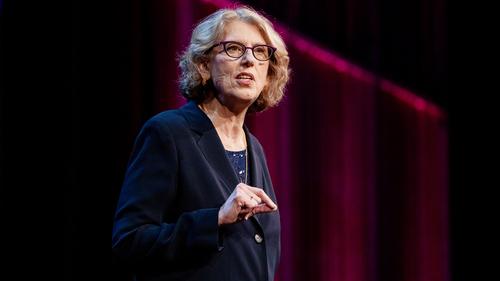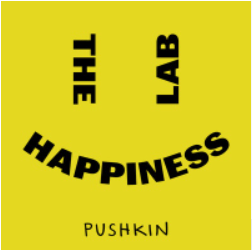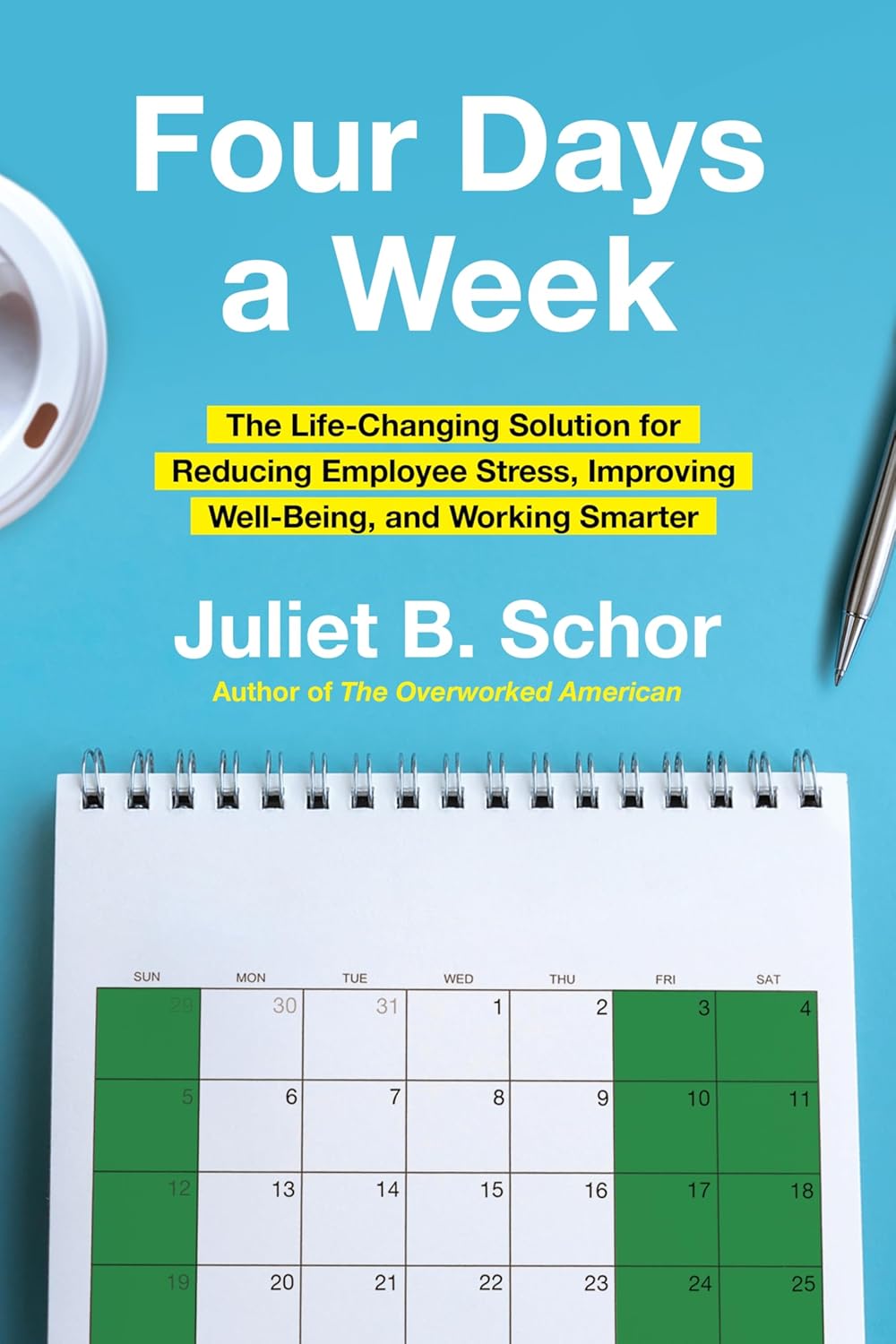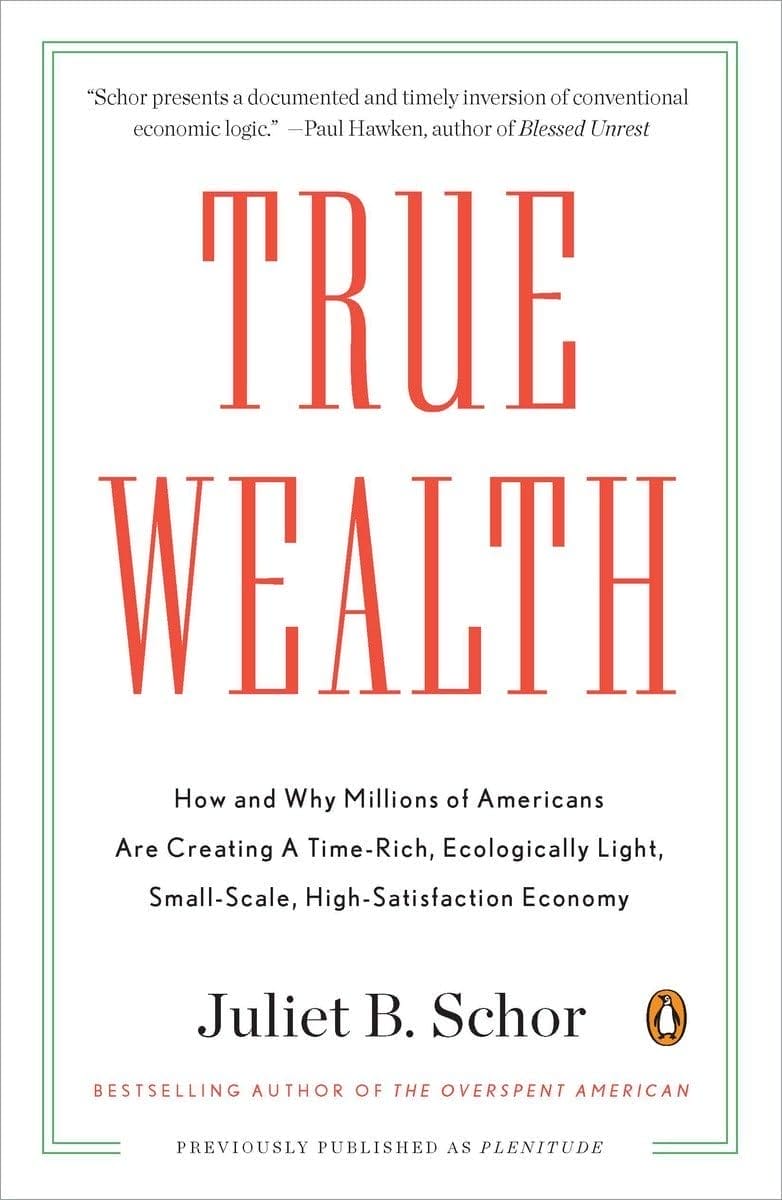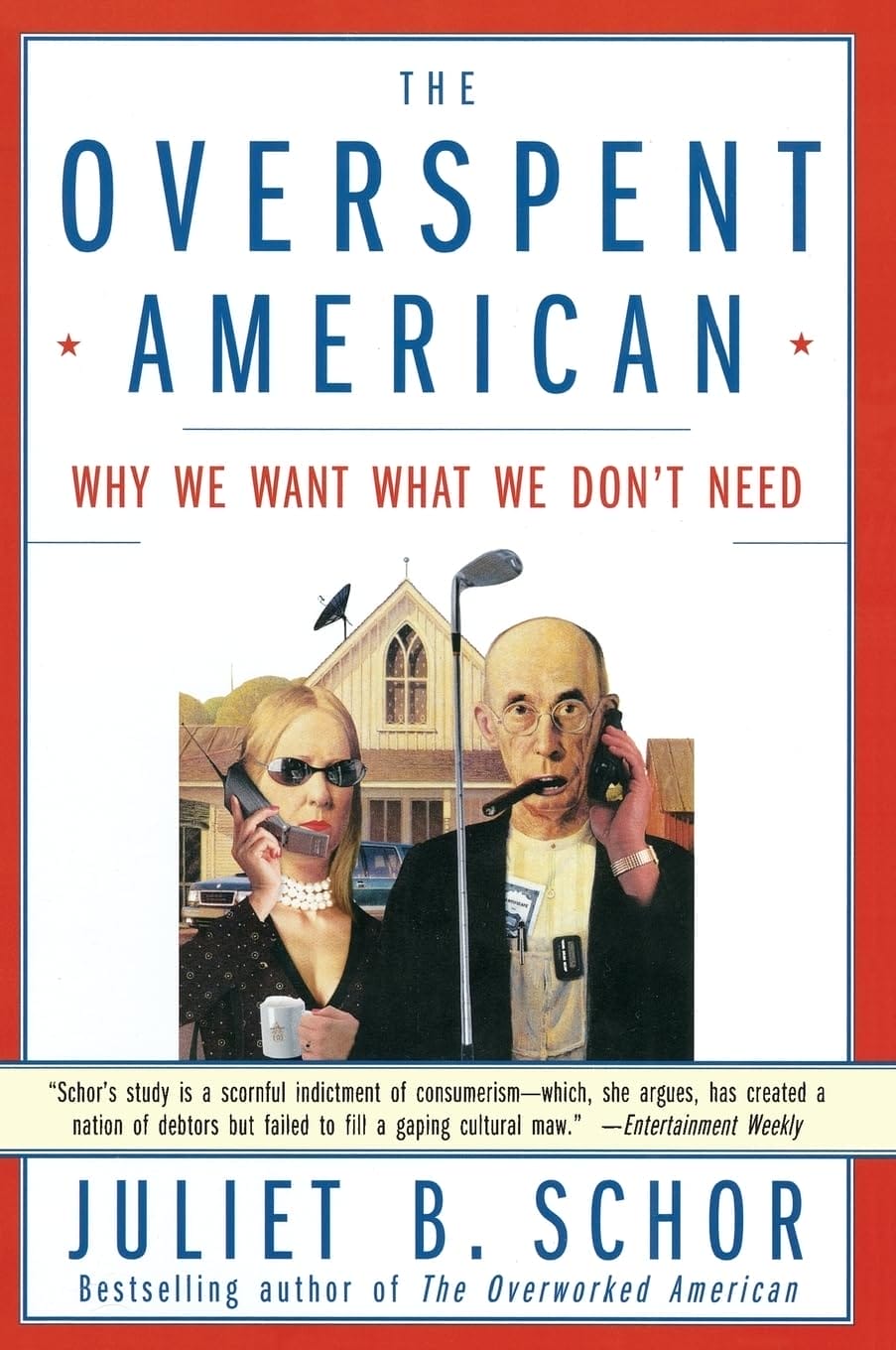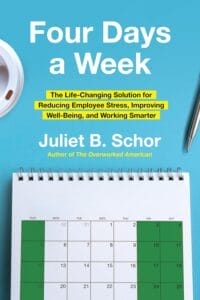Videos
Learn More About Juliet B. Schor
What if the key to higher productivity, increased profits, stronger engagement and greater well-being wasn’t about working harder but working smarter? That’s the core of award-winning labor economist Juliet Schor, Ph.D.’s research into the four-day work week, a model rapidly transforming how organizational leaders think about performance, retention and innovation.
“Employers are realizing that if they can rethink where and how people work, they can also rethink how many days they are on the job,” says Schor, who is a New York Times bestselling author.
A professor of sociology at Boston College and a 2025 AAAS fellow, Schor has spent her career investigating how people’s time, technology and livelihood intersect. In her compelling book “Four Days a Week: The Life-Changing Solution for Reducing Employee Stress, Improving Well-Being, and Working Smarter” (Harper Business, June 2025), she demonstrates how organizations across industries, such as Kickstarter, Meridian Health and Praxis Marketing, are achieving 100% of output in 80% of time while maintaining full pay.
The 4-Day Work Week Activates Productivity, Revenue, Innovation and Well Being
As Schor explains in her TED Talk that has been viewed more than three million times, with a four-day work week, turnover rates drop, absenteeism declines and applications soar as employees become more focused, competent, energized and loyal. Through rigorous global trials involving hundreds of companies and more than 10,000 workers, Schor has shown that a shorter work week leads to significant gains in revenue, retention and recruitment. Even better, these efforts often prove cost-neutral or even cost-saving.
“In most cases, employees are as productive in four days as they are in five,” she notes. “And beyond maintaining productivity, people just feel so much better. They feel on top of their work and their life, and they’re not stressed out. They feel more eager to do work. They feel they can get it done.”
The result is organizations that are both more humane and more competitive. Using Schor’s research-backed playbook, leaders are equipped to identify where worktime reduction functions best, what kind and size of worktime reduction is best for their companies, how to reorganize and optimize the time (rather than just cutting hours) and which metrics to track to make and prove the business case.
Accelerating Agentic AI Adoption Through Work Redesign
Beyond worktime reduction, Schor’s fresh insights into how organizations handle generative and agentic AI sets her apart. Her research team is studying AI adoption acceleration and resistance, as well as whether 4 day week companies do better with these technologies than standard 5 day week organizations. As she puts it, “We believe that employees are more willing to learn and adopt new systems when they feel time-rich and supported.” Her work reveals how redesigning time spent at work is key to helping teams deploy AI smoothly, leverage it responsibly and improve human performance and machine outcomes.
A highly engaging speaker, Schor deftly reveals how to set clear output expectations and anchor change in transparent metrics, so employees feel open to learning. She delivers leaders an accessible roadmap to improve AI adoption, including steps for lowering resistance, safeguarding psychological safety, pairing AI with time-rich work design and tracking results that matter to both boards and teams.
For executives looking to rethink what true productivity looks like, Schor offers deeply researched, inspiring sessions that create a springboard for organizational change. Her message is as radical as it is practical: reimagining time itself may be the smartest business decision leaders can make.
###
Juliet Schor, Ph.D. is a New York Times bestselling author, award-winning labor economist and sociologist, and a professor at Boston College. She’s a former Guggenheim fellow and was the Matina S. Horner Distinguished Visiting Professor at the Radcliffe Institute at Harvard University in 2014-15.
In 2014 Schor received the American Sociological Association’s award for public understanding of sociology. From 2010-2017 Schor was a member of the MacArthur Foundation Connected Learning Research Network. She is the recipient of the 2011 Herman Daly Award from the US Society for Ecological Economics. In 2006 she received the Leontief Prize from the Global Development and Economics Institute at Tufts University for expanding the frontiers of economic thought. She has also received the George Orwell Award for Distinguished Contribution to Honesty and Clarity in Public Language from the National Council of Teachers of English.
Shor has served as a consultant to the United Nations, at the World Institute for Development Economics Research and to the United Nations Development Program. She is also a former Brookings Institution fellow. In 2012 Schor organized the first Summer Institute in New Economics, a week-long program for Ph.D. students in the social sciences and repeated the program in 2013.
Schor’s previous books include the national best-seller “The Overworked American: The Unexpected Decline of Leisure” (Basic Books, 1992) as well as “The Overspent American: Why We Want What We Don’t Need” (Basic Books, 1998) and “True Wealth: How and Why Millions of Americans are Creating a Time-Rich, Ecologically Light, Small-Scale, High-Satisfaction Economy” (Penguin Publishing Group, 2011; Previously published as “Plenitude: The New Economics of True Wealth”).
“The Overworked American,” widely credited for influencing the national debate on work and family, appeared on the best-seller lists of The New York Times, Publisher’s Weekly, The Chicago Tribune, The Village Voice and The Boston Globe, as well as the annual best books list for The New York Times, Business Week and other publications. “The Overspent American” was also made into a video of the same name by the Media Education Foundation (September 2003).
A graduate of Wesleyan University, Schor received her Ph.D. in economics from the University of Massachusetts.
Juliet B. Schor is available to advise your organization via virtual and in-person consulting meetings, interactive workshops and customized keynotes through the exclusive representation of Stern Speakers & Advisors, a division of Stern Strategy Group®.
The 4-Day Workweek Advantage: Well-Being and Productivity Without Tradeoffs
Companies are finding that even after years of good-intentioned wellness perks like unlimited PTO and free office snacks, burnout, disengagement and costly turnover keep rising. Award-winning labor economist and sociologist and New York Times bestselling author of “Four Days a Week” Juliet Schor argues the problem isn’t employee willpower, but the workweek itself. Drawing on the largest multi-industry trials of reduced hours (including hundreds of companies and 10,000+ workers), she shows how the 100-80-100 model — 100% pay, 80% time and 100% output — drives higher productivity and quality while netting big gains in well-being and dramatic improvements in retention and hiring. Companies report excellent results on KPIs including revenue, absenteeism, quit rate and new-hire flow, as well as case evidence where programs were cost-neutral or even cost-saving. Applicable across sectors from professional services and healthcare to manufacturing, retail, restaurants, nonprofits and local government, attendees walk away with a research-backed playbook to pilot or progress a shorter-week strategy. This includes practical takeaways on where the four-day workweek functions best, how to reorganize and optimize the time (rather than just cutting hours), and which metrics to track to make and prove the business case.
Agentic AI at Work: Adoption, Trust and Human-Centered Productivity
The rise of “agentic AI” – systems that act autonomously and make decisions on our behalf – is reshaping the workplace. Yet companies face a paradox: while executives are eager to deploy AI for efficiency and innovation, employees often resist or even sabotage adoption out of fear for their jobs. Award-winning labor economist and sociologist and Boston College professor Juliet Schor brings a fresh lens: AI succeeds in organizations where trust and security are high and employees place a high value on their employment. Building on her research into reduced workweeks and organizational well-being, Schor explores how cultures that value people see productivity gains, including with more proficient AI uptake and better outcomes. She demystifies agentic AI for leaders, maps where it complements human judgment and offers a pragmatic framework for deploying AI so that it catalyzes well-being, creativity and sustainable productivity and avoids burnout or layoffs. A highly engaging speaker, Schor deftly reveals how to redesign workflows, set clear output expectations and anchor change in transparent metrics so that employees feel open to learning. Attendees leave with a practical roadmap to improve AI adoption, including steps for lowering resistance, safeguarding psychological safety, pairing AI with time-rich work design, and tracking results that matter to both boards and teams.

Work Time Reduction Via a 4-Day Workweek Finds Improvements in Workers’ Well-Being
(Nature Human Behavior, July 2025)

Distinction at Work: Status Practices in a Community Production Environment
(Contemporary Ethnography, May 2025)

Do Economists Think about Climate Change and Inequality? Semantic Analysis and Topic Modeling of Top Five Economics Journals
(Ecological Economics, June 2025)
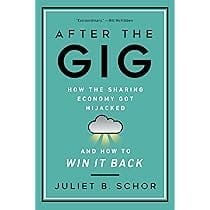
After the Gig: How the Sharing Economy Got Hijacked and How to Win It Back
(University of California Press, September 2020)
"Juliet's session received the conference's highest ratings."
"[Schor's] robust research offers proof of concept across a range of organizations, and the case studies provide a shrewd road map of the different routes a company might take to a four-day work week. Employers looking to stand out in a tight labor market should start here."
"This book challenges the status quo for how we think about the 'traditional' work week by presenting the 'four day' work week as an innovative option. Grounded in theory, data, and case studies, we learn from this book that when done right, the four day work week results in not only wellbeing and productivity, but it also has positive consequences for our planet. Thus, this book is a must-read for leaders who desire to use the design of work as a vehicle for creating a better world."
“For decades, the four-day work week has been a pipe dream. This book shows that it can be a productive reality. Drawing on her pioneering trials around the globe, Juliet Schor demonstrates that it’s possible to do more in less time. It’s a must read for anyone who cares about the future of work—or the quality of life.”
"A four-day week with a five-day salary? Without lowering productivity? Reducing commute time and carbon emissions? Is this all too good to be true? To find out, Julie Schor and her co-researchers surveyed 8,700 workers in 245 organizations, spanning several continents. In this sequel to "The Overworked American" and "Overspent American," and applying her usual 'out-of-the-box' approach, the brilliant economic sociologist Juliet Schor shows us a better way to live."
"Burnout takes a huge toll both on our personal lives and on our productivity at work. Juliet Schor uses her research to make a powerful evidence-based case for the four-day work week as an antidote to what ails us. This is a book that will inspire CEOs, politicians, and the rest of us to work for change that can genuinely make life better."
"Juliet Schor may be our most important economist, because she works on the things that actually matter to most of us, like why we can't have enough time to lead the lives we want. And as this book makes—anecdotally but also empirically—clear, we can! There's nothing pie in the sky about her plans—it's just pie!"
"Conversations about the future of work are laden with hot takes and biased perspectives. 'Four Days a Week' is not that. It's a book that is well-researched, well-told, and well-timed. Conventions around how, when, and why we work were negotiated before and can be negotiated again. We are on the precipice of fundamentally rethinking how we work, and 'Four Days a Week' is the manifesto that will usher us into this new age."
“It’s an open secret of 21st century life: lots of workplaces throw hours at problems instead of respecting people’s time. Even in tightly-run places, the turnover that comes from burnout can keep teams from achieving their best. In this thought-provoking and meticulously researched book, Schor shares how some companies have seen success by moving to a four-day week. Employees and organizations can benefit when people work hard while at work—and then get real time off. No matter where you come down on debates about workplace policies or labor laws, you’ll find this book eye-opening. I know I did.”
"In her important and hopeful new book, 'Four Days a Week,' Schor shares her new research, case studies and practical steps to show how shorter work hours can be life changing, improving human wellbeing as well as organizational productivity. More, drawing deep from history, she argues that long work hours are not inevitable, necessary, nor a cultural phenomenon, but the result of choices. And, it's time we made wiser ones. The future of work, our health, and that of our democracies, societies, economies, and planet may well depend on it."
“Juliet Schor has written a powerful, persuasive case for the four-day work week. Easily readable and backed by evidence and comprehensive data, 'Four Days a Week' shows how a shorter work week has the potential to benefit workers, companies, and society at large."

